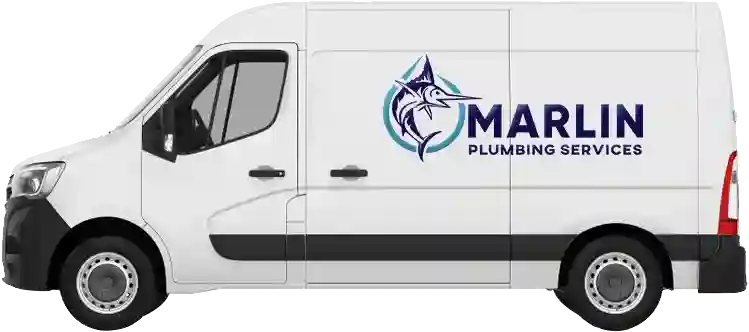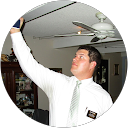The variety of home water filtration systems can be difficult to understand. Before you choose which system is right for your house, it’s important that all the different types and their varying uses are understood so when making a purchase or installing one yourself they will work as expected!
Whole-house water filters are a great way to ensure your family has clean, soft, and better-tasting drinking water at all times. The point of entry (POE) filter removes dirt from the tap before delivering it into one’s home which helps protect fixtures like kitchen appliances or showerheads over time as they continue providing service with this type of filtration system installed!
Pros of a Whole-House Water Filter System
– It eliminates the need for individual water filters in every faucet, which can be costly.
– A single unit treats all the water coming into your home so you know that every time you turn on the faucet, shower, or do laundry, the water is clean.
– There are different types of whole-house systems available depending on your specific needs such as those who want to improve the quality of their drinking water or those who have well water and need to remove iron or other minerals.
Cons of a Whole-House Water Filter System
– They require professional installation, which can be costly.
– They are not recommended for homes with private wells since they can remove essential minerals from the water.
– Some whole-house systems require regular maintenance, such as replacement filters, which can also be costly.
Types of Home Water Filtration Systems
There are two main types of home water filtration systems: point-of-use (POU) and point-of-entry (POE). POU filters are installed where water is used, such as at the kitchen sink or in a showerhead, while POE filters are installed at the main water line coming into your home. Whole-house systems are a type of POE filter.
The following list includes some common types of home water filtration systems and their uses:
1. Carbon Filters
Carbon filters are one of the most common types of water filters. They are effective at removing chlorine, sediment, and other contaminants from water. Carbon filters can be used in both POU and POE systems.
2. Reverse Osmosis
Reverse osmosis (RO) is a type of filtration that forces water through a semipermeable membrane. This process removes contaminants from water, including lead, copper, and fluoride. RO systems are typically installed under the kitchen sink and use a separate faucet for filtered water.
3. Water Softeners
Water softeners are not technically filters, but they are often used in conjunction with filtration systems. Water softeners remove minerals like calcium and magnesium from water, which can cause hard water buildup on fixtures and appliances. Softened water can also make soap and detergent work better. Water softeners are usually installed as POE systems.
4. Ultraviolet (UV) Filters
Ultraviolet filters use UV light to kill bacteria and viruses in water. They are often used in well water systems to disinfect the water before it enters the home. UV filters are usually installed as POE systems.
5. Distillation
Distillation is a process that uses heat to evaporate water, leaving contaminants behind. The distilled water is then collected and cooled, resulting in clean, pure water. Distillation systems are typically installed under the kitchen sink and use a separate faucet for filtered water.
Installing a Home Water Filtration System
Most POU systems can be installed without professional help, but POE and whole-house systems usually require a plumber. Home water filtration systems typically have filters that need to be replaced every few months. The frequency of replacement will vary depending on the type of system and the quality of your water.
Maintaining a Home Water Filtration System
It is important to follow the manufacturer’s instructions for maintenance and replacement filters to ensure your system is working properly. Some systems also require regular testing to ensure they are removing contaminants from your water.
If you have questions about which home water filtration system is right for you, or if you need help installing or maintaining your system, contact a licensed plumber in your area.
How Much Does a Whole-House Water Filtration System Cost?
The cost of a whole-house water filtration system varies depending on the type of system, the size of your home, and the quality of your water. Systems can range in price from $500 to $5,000 or more. Replacement filters for a whole-house system usually cost between $50 and $100 per year. Some systems also require regular maintenance, which can add to the overall cost.
Is a Whole-House Water Filtration System Worth the Cost?
The answer to this question depends on your needs and budget. If you are concerned about contaminants in your water, a whole-house filtration system may be worth the investment. However, if you are on a tight budget, there are less expensive options available, such as POU or POE systems. You can also install a water softener to reduce hard water buildup in your home.
When deciding whether or not to install a whole-house water filtration system, it is important to weigh the cost of the system against the benefits it provides. If you have any questions about which type of system is right for you, contact Marlin Plumbing Services, a licensed plumber in St. George, UT.



















































































































































